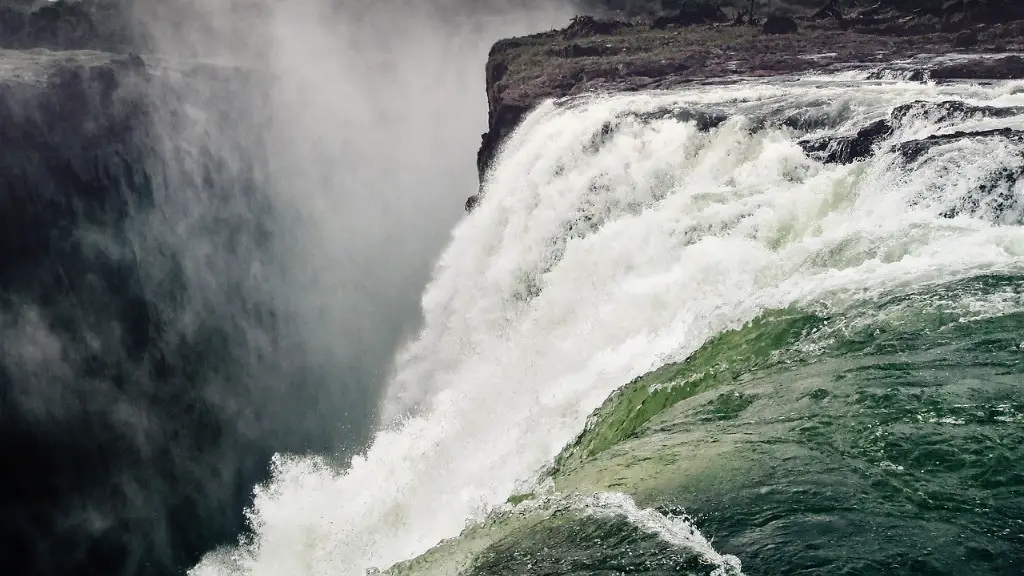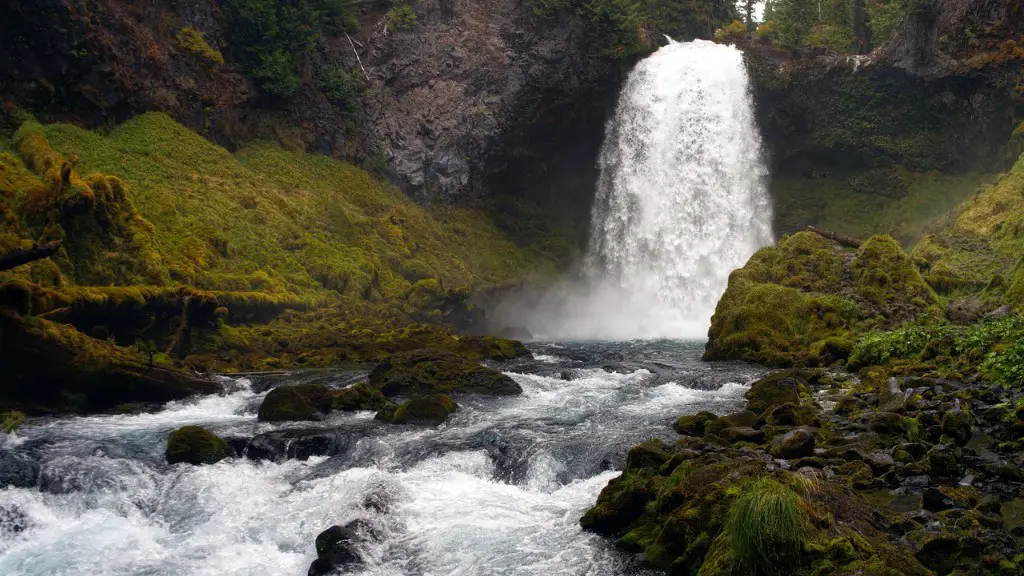Background Information
The Mississippi River is one of the most iconic American waterways, playing a major role in the nation’s history and economy. It is the second-longest river in the United States and is so massive in size that it drains all or parts of 31 states. For centuries, people have used the river to transport goods, catch fish, and more. The river also serves as a primary water source for many different areas along its path. But, is the water safe to drink? The answer is not a simple one.
Water Treatment and Quality
In many cases, drinking water is treated with chemicals like chlorine and fluoride before it is deemed safe for consumption. Along the Mississippi River, many municipalities adhere to these standards, meaning the water is generally safe for drinking. In some areas, however, the water is not treated, making it unsafe for drinking. In general, it is best to check with local authorities to find out exactly what kind of treatment, if any, the water has undergone to determine its safety.
Contaminants
Unfortunately, even with treatment, the water in the Mississippi River may not be entirely safe to drink. The river has long been plagued by industrial runoff and other types of pollution, meaning it often carries contaminates like lead, mercury, and aluminum. The contaminants make their way into the drinking water supplies of surrounding cities, and while they may be present in low concentrations, they can still be dangerous.
Testing and Monitoring
In order to make sure the water is safe, regular testing and monitoring should be performed. The Mississippi River Commission is responsible for the monitoring of water quality and flow, as well as providing official safety ratings for different areas along the river. By utilizing their results, people can stay informed and make sure they are drinking water that has been deemed safe.
Fecal Contamination
In certain areas, fecal contamination might also be a problem. Fecal contamination can occur from sources such as malfunctioning sewage systems or livestock runoff, meaning the water in these areas is unsafe for drinking. In urban areas, people should make sure their drinking water comes from a certified source that is tested regularly to ensure it is free from fecal contamination. Rural areas might be more difficult to monitor and ensure safety.
Health Instead of Safety
Even though the water in the Mississippi River may have gone through treatment and monitoring and be deemed as safe, that doesn’t guarantee it is good for people’s health. Water can contain trace amounts of pollutants even after it has been treated, and over time these pollutants can accumulate and have an effect on people’s health.
Conclusion
Overall, the question of whether Mississippi River water is safe to drink is a complex one. While the water may pass safety tests, there may still be health risks associated with consuming it. For those living close to the river, it is best to check with local authorities and utilize the resources from the Mississippi River Commission to ensure the water is being monitored and tested regularly. In the end, it is up to individuals to make sure the water they are drinking is as safe as possible for their health.
Risk to Marine Life
The water in the Mississippi River is often polluted with contaminants, posing a risk to the various marine life in the area. This can be especially true during drought periods, as the river water can become very acidic and contain toxic compounds. These pollutants can make their way into natural habitats and can cause major disruptions to the marine ecosystems, leading to the death of fish, birds, and other animals.
Consequences of Pollution
The pollution in the Mississippi River is caused by a variety of sources, from industrial runoff to agricultural fertilizers. The chemicals and other contaminants released into the river can have serious consequences for both people and the environment, as they can negatively affect not only the quality of the water but also the health of those living near the river. Clean-up efforts are underway, but they are progressing slowly, meaning the water may still contain dangerous pollutants.
Economy
The Mississippi River is an important part of the nation’s economy, as it’s responsible for providing jobs, transportation, and resources to many people. Because of this, any changes in the quality of the water can have a major impact on the river and the surrounding areas. If the water becomes polluted, it can be detrimental to the local businesses and communities, as they rely on the river for their livelihood.
Environmental Benefits
Despite the concerns and risks associated with the Mississippi River water, there are also some positive aspects to consider. The river is home to a variety of species and habitats, and it can serve as a natural resource for people who need access to clean drinking water. Additionally, it provides a vital source of transportation, as barges and other vessels carry goods up and down its waters.


